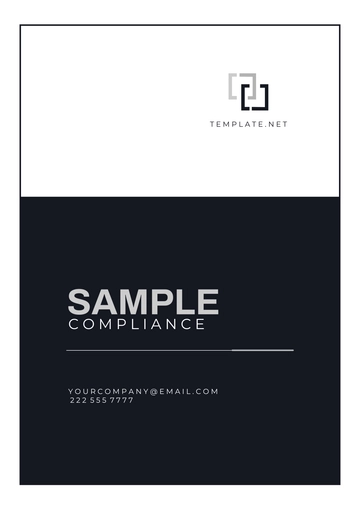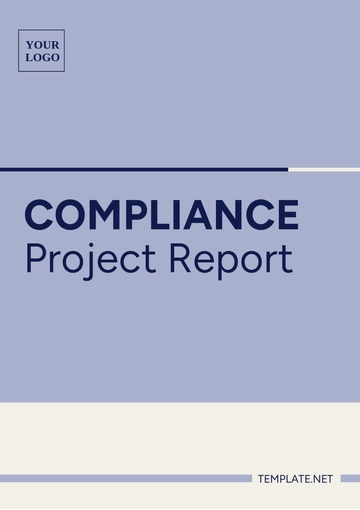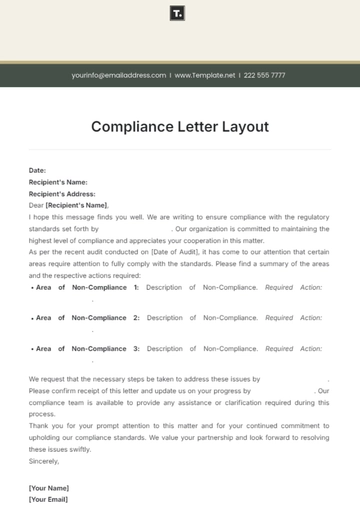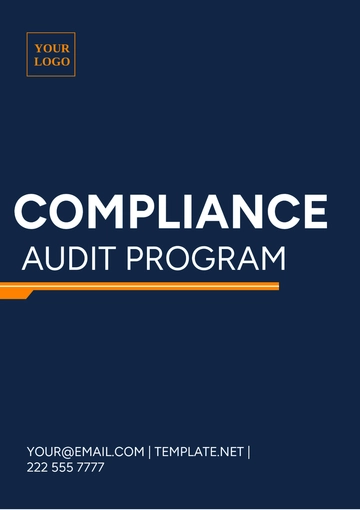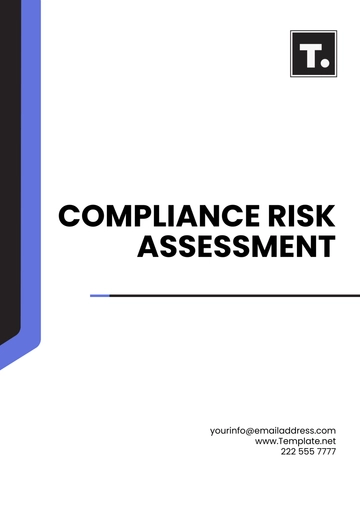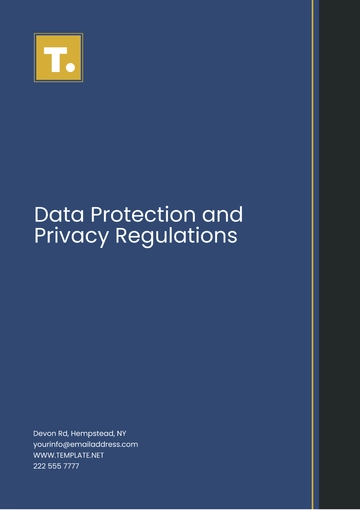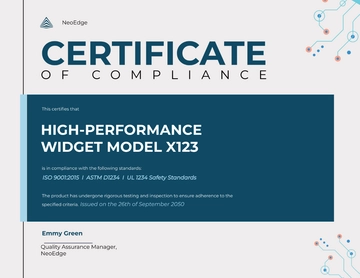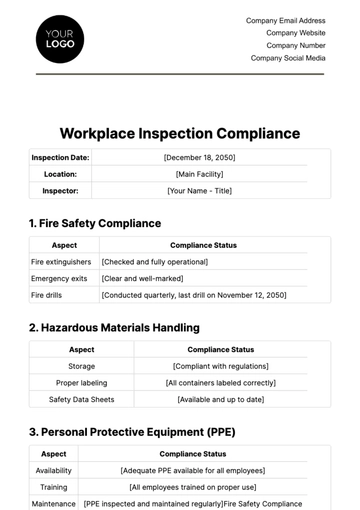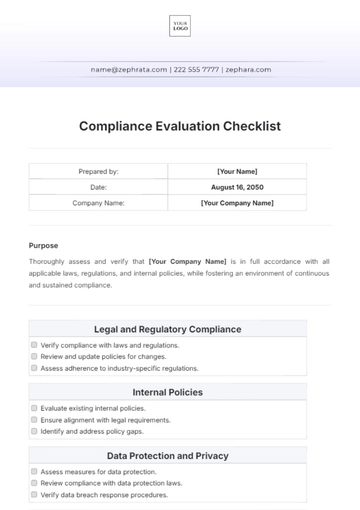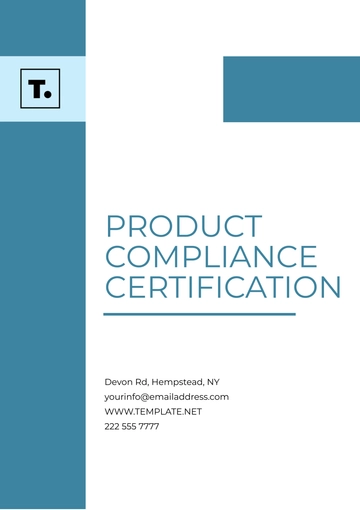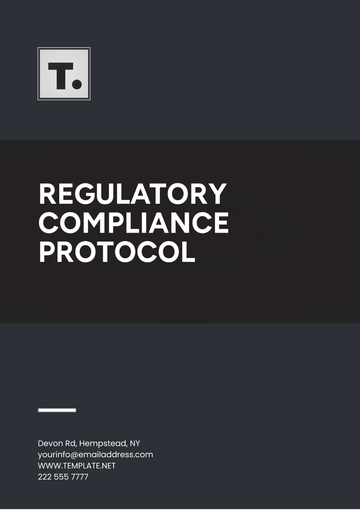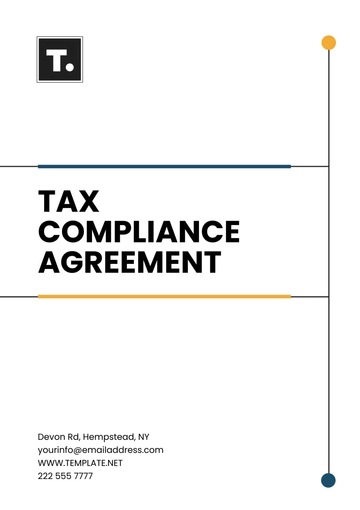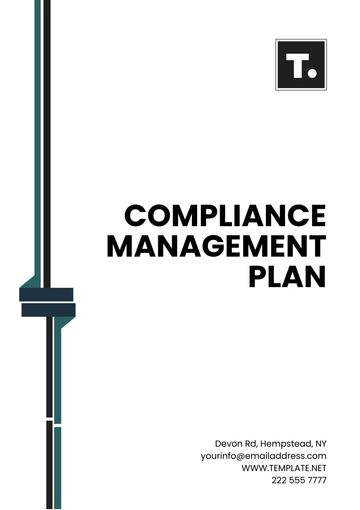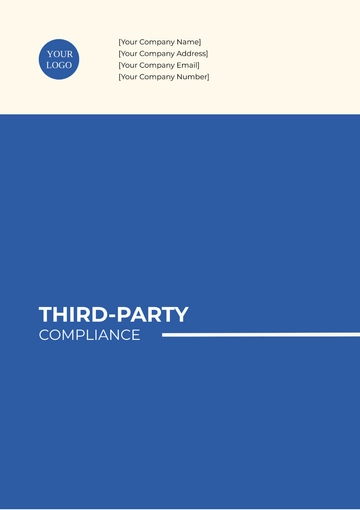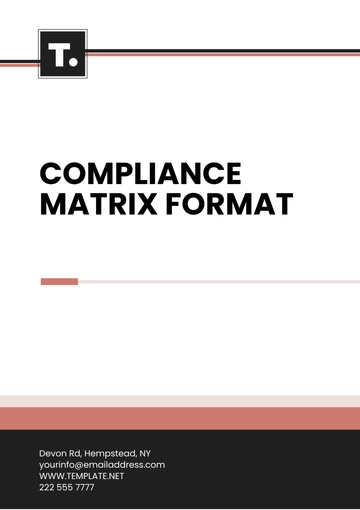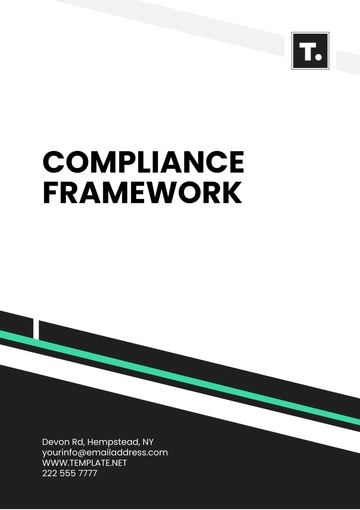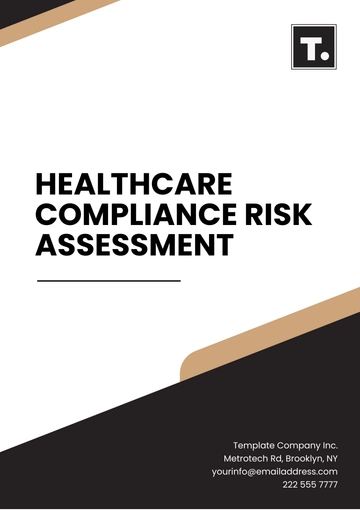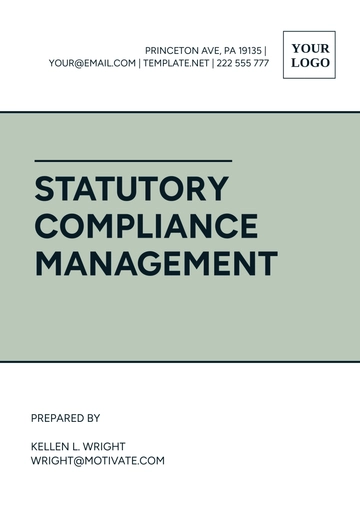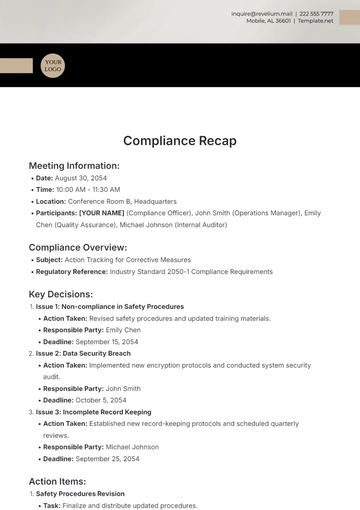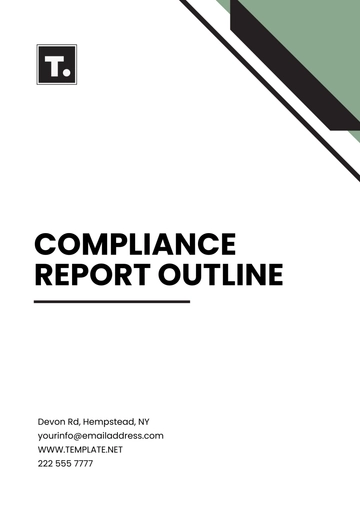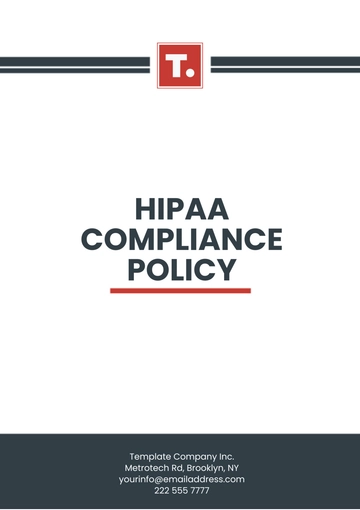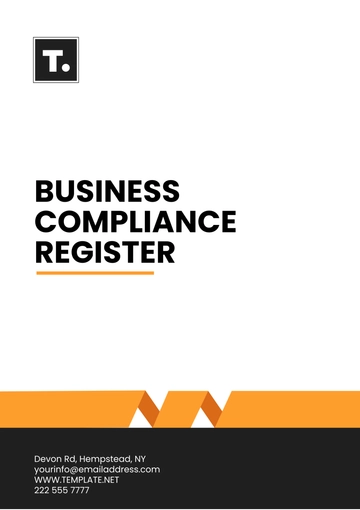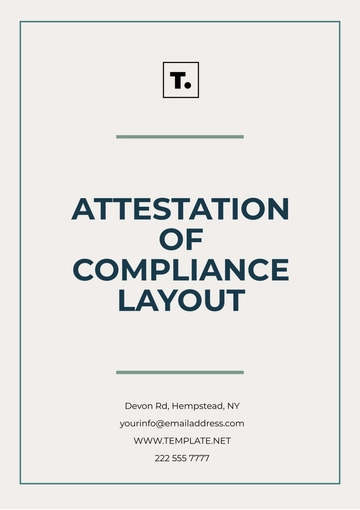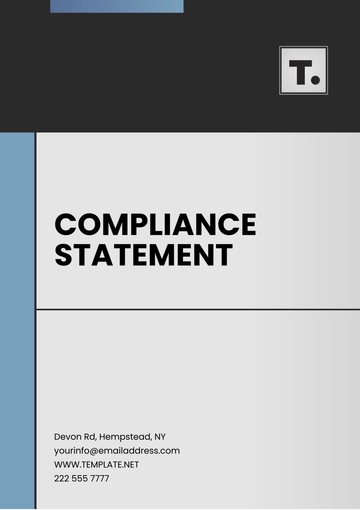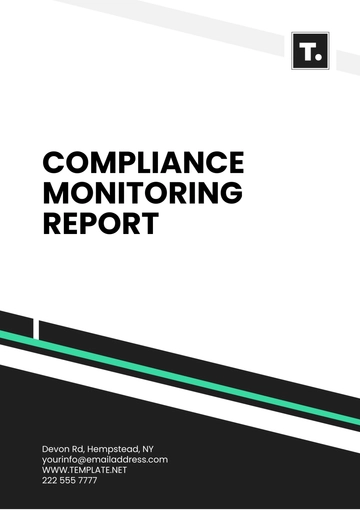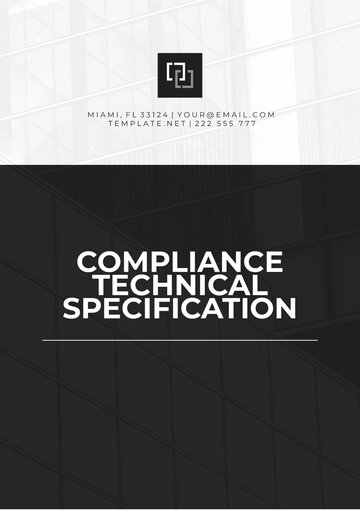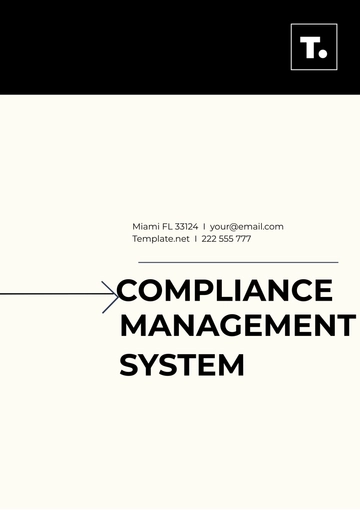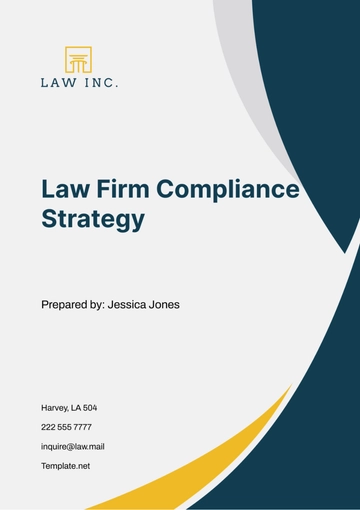Free GDPR Complete Compliance
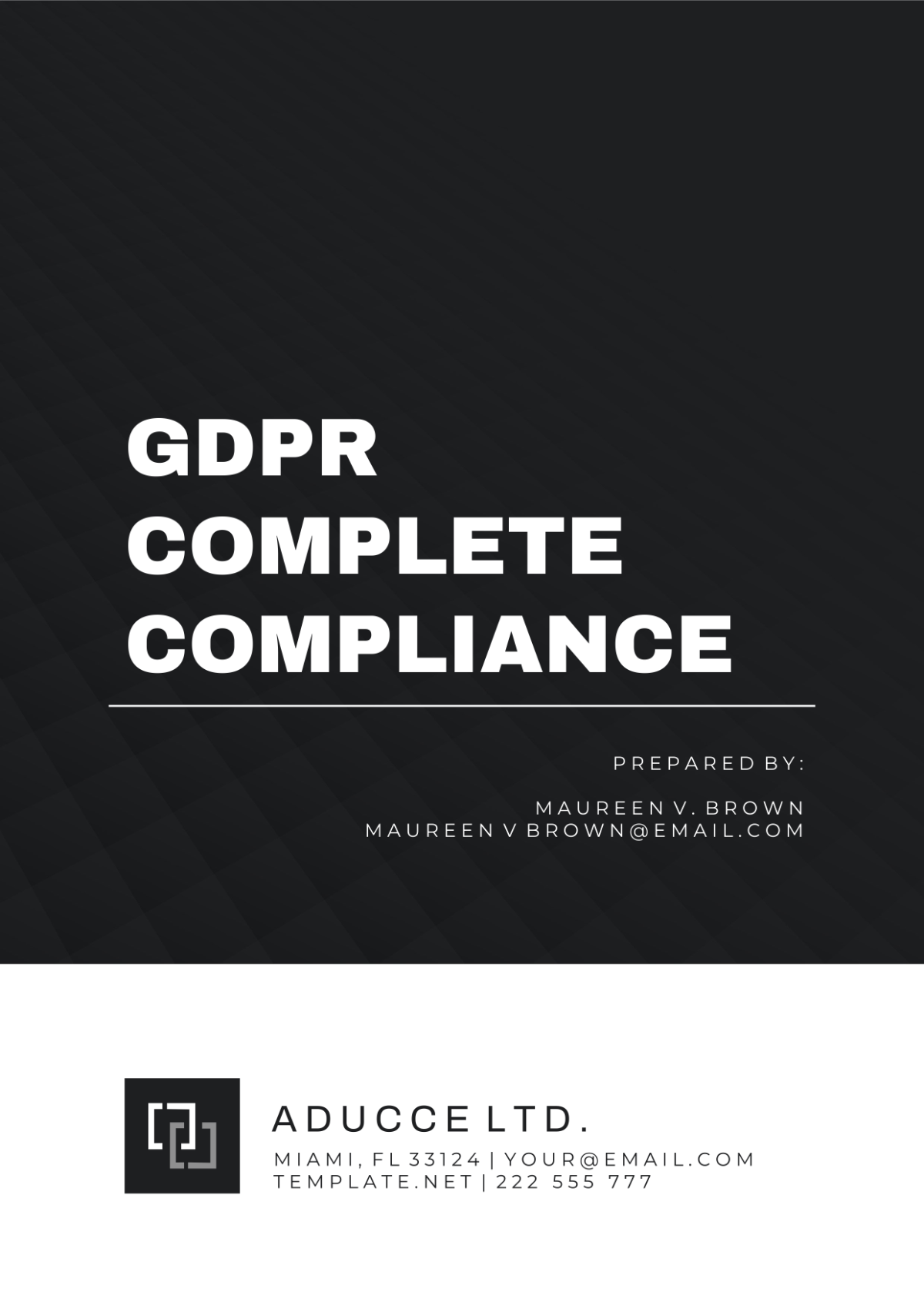
I. Compliance Overview
The General Data Protection Regulation (GDPR) is a comprehensive data protection regulation enacted by the European Union (EU) to safeguard the personal data of individuals within the EU and European Economic Area (EEA). Compliance with GDPR is essential for organizations that process the personal data of EU/EEA residents, regardless of the organization's location.
II. Key Principles of GDPR Compliance
Lawfulness, Fairness, and Transparency
Personal data must be processed lawfully, fairly, and transparently. Organizations must provide clear information to data subjects about how their data will be processed.
Purpose Limitation
Personal data should be collected for specified, explicit, and legitimate purposes and not further processed in a manner incompatible with those purposes.
Data Minimization
Organizations should only collect and process personal data that is adequate, relevant, and limited to what is necessary for the intended purposes.
Accuracy
Personal data must be accurate and kept up to date. Organizations should take reasonable steps to ensure inaccurate data is rectified or erased without delay.
Storage Limitation
Personal data should be kept in a form that permits the identification of data subjects for no longer than is necessary for the purposes for which the data is processed.
Integrity and Confidentiality
Organizations must implement appropriate technical and organizational measures to ensure the security of personal data, including protection against unauthorized or unlawful processing and accidental loss, destruction, or damage.
Accountability
Organizations are responsible for demonstrating compliance with GDPR principles. This includes maintaining documentation of data processing activities, conducting data protection impact assessments (DPIAs) for high-risk processing activities, and appointing a Data Protection Officer (DPO) where required.
III. Key Components of GDPR Compliance
Data Protection Officer (DPO) Appointment
Organizations may need to appoint a DPO responsible for overseeing GDPR compliance and serving as a point of contact for data protection authorities and data subjects.
Data Processing Activities
Conducting a thorough inventory of data processing activities, identifying lawful bases for processing, and ensuring compliance with data minimization principles.
Consent Management
Implementing procedures for obtaining, recording, and managing consent from data subjects for the processing of their data.
Data Subject Rights
Establishing processes to facilitate data subject rights, including the right to access, rectification, erasure (right to be forgotten), and data portability.
Data Security Measures
Implementing appropriate technical and organizational measures to ensure the security of personal data, including data encryption, access controls, and data breach response procedures.
Data Processing Agreements
Ensuring that data processing agreements are in place with third-party processors to regulate the processing of personal data on behalf of the organization.
Data Protection Impact Assessments (DPIAs)
Conducting DPIAs for high-risk data processing activities to assess and mitigate privacy risks.
Data Transfer Mechanisms
Implementing appropriate safeguards for transferring personal data outside the EU/EEA to countries that do not ensure an adequate level of data protection.
Record-Keeping
Maintaining records of data processing activities, data subject requests, consent records, DPIAs, and other compliance efforts to demonstrate accountability.
Employee Training and Awareness
Providing GDPR training to employees involved in data processing activities to ensure awareness of their obligations and responsibilities under GDPR.
IV. Third-Party Data Processors
Due Diligence Assessments
Contractual Obligations
Monitoring and Oversight
V. Review and Audit
Regular Compliance Audits
Review of Policies and Procedures
Continuous Improvement
VI. Conclusion
Achieving GDPR compliance requires a clear understanding and careful implementation of its principles, requirements, and controls. Doing so helps organizations evade potential fines, build customer trust, enhance data protection, and demonstrate respect for privacy rights and personal data security.
VII. Signature
By signing below, you acknowledge that you have reviewed and understand the contents of this compliance checklist.

Compliance Officer
[Your Company Name]
Date: [INSERT DATE]
- 100% Customizable, free editor
- Access 1 Million+ Templates, photo’s & graphics
- Download or share as a template
- Click and replace photos, graphics, text, backgrounds
- Resize, crop, AI write & more
- Access advanced editor
Unlock unparalleled peace of mind with Template.net's GDPR Complete Compliance Template. Crafted for effortless compliance, this editable and customizable template ensures seamless adaptation to your unique business needs. Harness the power of our AI Editor for streamlined editing. Stay ahead of regulations with confidence and precision. Elevate your compliance journey effortlessly with Template.net.
